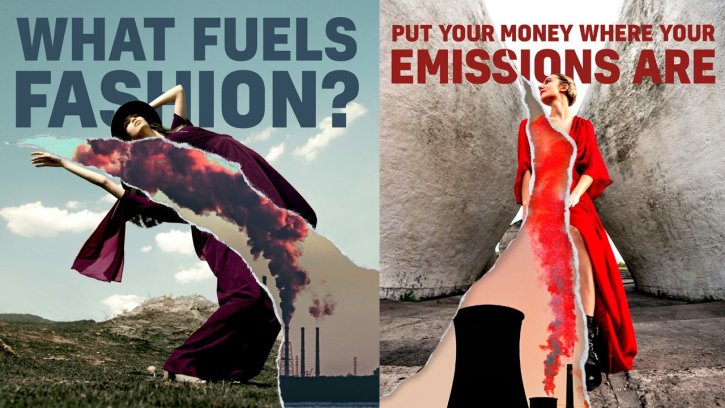
Sportswear brands lead the way on transparency
In the 2024 Fashion Transparency Index, 32 brands receive a 0% score.

1st August 2024
Innovation in Textiles
|
London
Big fashion brands must urgently invest at least 2% of their annual revenues into a transition away from fossil fuels, according to the latest report from London-based activism movement Fashion Revolution.
The What Fuels Fashion? report, a special edition of the organisation’s annual Fashion Transparency Index, analyses and ranks 250 of the world’s biggest fashion brands and retailers with turnover of $400 million or more, based on their public disclosure of climate and energy-related actions.
The in-depth report covers accountability, decarbonisation, energy procurement, financing decarbonisation and just transition and advocacy, covering 70 data points.
It finds that the reduction targets of the major brands are not ambitious enough to meet the global goal of limiting temperature rise to 1.5°C above pre-industrial levels. They are also shifting the costs onto the factories they work with and burdening workers and communities with fixing a problem they didn’t create.
Nearly a quarter of the world’s biggest fashion brands disclose nothing on decarbonisation. Only four out of 250 have ambitious emissions reduction targets that meet the level of ambition called for by the United Nations.
Further, the fashion industry’s climate impact has largely been scrutinised through the lens of the materials used in clothes, rather than the manufacturing processes behind them, the report finds. While 58% of the brands disclose sustainable material targets, only 11% reveal their supply chain’s energy sources, meaning ‘sustainable’ clothes might still be made in factories powered by fossil fuels.
Vertically integrated brands and specialised segments like sportswear outperform others in the 2024 Fashion Transparency Index due to greater leverage and commitment to long-term improvements.
The highest-ranked brand was Puma, followed by Gucci and H&M, while 32 brands received a 0% score.
“By investing at least 2% of their revenue into clean, renewable energy and upskilling and supporting workers, fashion could simultaneously curb the impacts of the climate crisis and reduce poverty and inequality within their supply chains,” says Maeve Galvin, global policy and campaigns director at Fashion Revolution. “Climate breakdown is avoidable because we have the solutions – and big fashion can certainly afford it.”
The report can be read in full here.

Business intelligence for the fibre, textiles and apparel industries: technologies, innovations, markets, investments, trade policy, sourcing, strategy...
Find out more